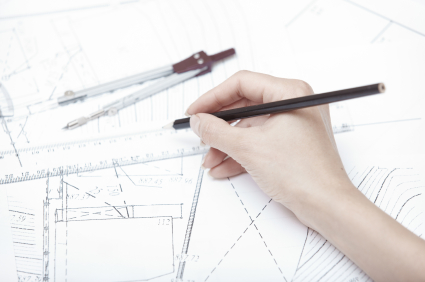Chance favors the prepared mind. — Louis Pasteur
If this year was really going to be amazing for you as a do-gooder, what would be happening?
Or to put it another way: what’s the best case scenario for you in 2014?
What will keep you moving toward in that best-case direction?
And, what do you want to do if you hit a rough spot in the road?
I’m asking you these questions for a real reason here, not just to play junior philosopher with you.
Rather than leaving this year to chance on either an individual or team level, what if you were intentional and designed this year?
I’m not suggesting you play God or other higher power of your choice; but my experience is that we tend to worry too much about things outside of our control, and not do enough about the things we can do something about.
Ultimately, our daily choices and actions are also what create our larger outcomes and successes (or not). Both for ourselves, and also in our working relationships (not to mention our personal relationships).
So, what if you could design more effective, more productive, more fun working relationships?
Try this:
Pick one of your working relationships – perhaps one that hasn’t been the easiest in the past year. What if it could be different?
1) What’s the culture you want to have at work, in this working relationship? What’s the best case scenario for working together?
2) What is a common “trip-up” or difficulty in this working relationship? Is blame or defensiveness is commonly present? What behavior(s) could you practice to prevent this type of problem?
3) What does this working relationship need to keep it moving toward the best case or preferred team culture?
4) When you hit a bump in the road, and things get difficult, how do you want to behave?
5) From your responses, craft 3-5 agreements – behaviors you could agree to practice in your working relationship. State the desired behavior or outcome in the affirmative (“do this” instead of “don’t do this”).
Ideally, both you and your colleague(s) would do this exercise, and develop a common set of team agreements together. But this exercise still can work for you alone as a first step to have a clear understanding of your own vision and commitments to improving your working relationships.
6) Practice! The best agreements won’t make a bit of difference if you don’t actually use them. Notice your own behavior first (vs. policing others) and make corrections or amend the agreements as needed as you try them out.
In the Comments below, let me know what you think!
If you’ve tried designing your working relationships, what happened?
In your experience, what helps make better working relationships? I’d love to hear your experiences.
If you enjoyed this post, sign up to receive more right in your in-box…. it’s free!


 Before specializing as a professional coach in 2004, I spent more than a decade in leadership, management and program development for state and local government and non-profit organizations. Now I get to help leaders and teams have more clarity and ability to stand up for what's important in their work and in their organizations. Working with me, leaders and teams find more meaning and purpose, feel happier and more confident, navigate change and conflict, and work together better.
Before specializing as a professional coach in 2004, I spent more than a decade in leadership, management and program development for state and local government and non-profit organizations. Now I get to help leaders and teams have more clarity and ability to stand up for what's important in their work and in their organizations. Working with me, leaders and teams find more meaning and purpose, feel happier and more confident, navigate change and conflict, and work together better.
What a great post Hanna! One of the goals that I started to work on in late 2013 and hope to continue throughout 2014 is to try and let go of the things I can not control and move my energy toward the daily activities that I do have control over and work on those to meet my long term goals.
I’m glad someone else is also thinking about this same approach. Happy New Year!
Hey Christina! Happy New Year to you too! Sounds like you’re on your way to a great 2014! Keep me posted!